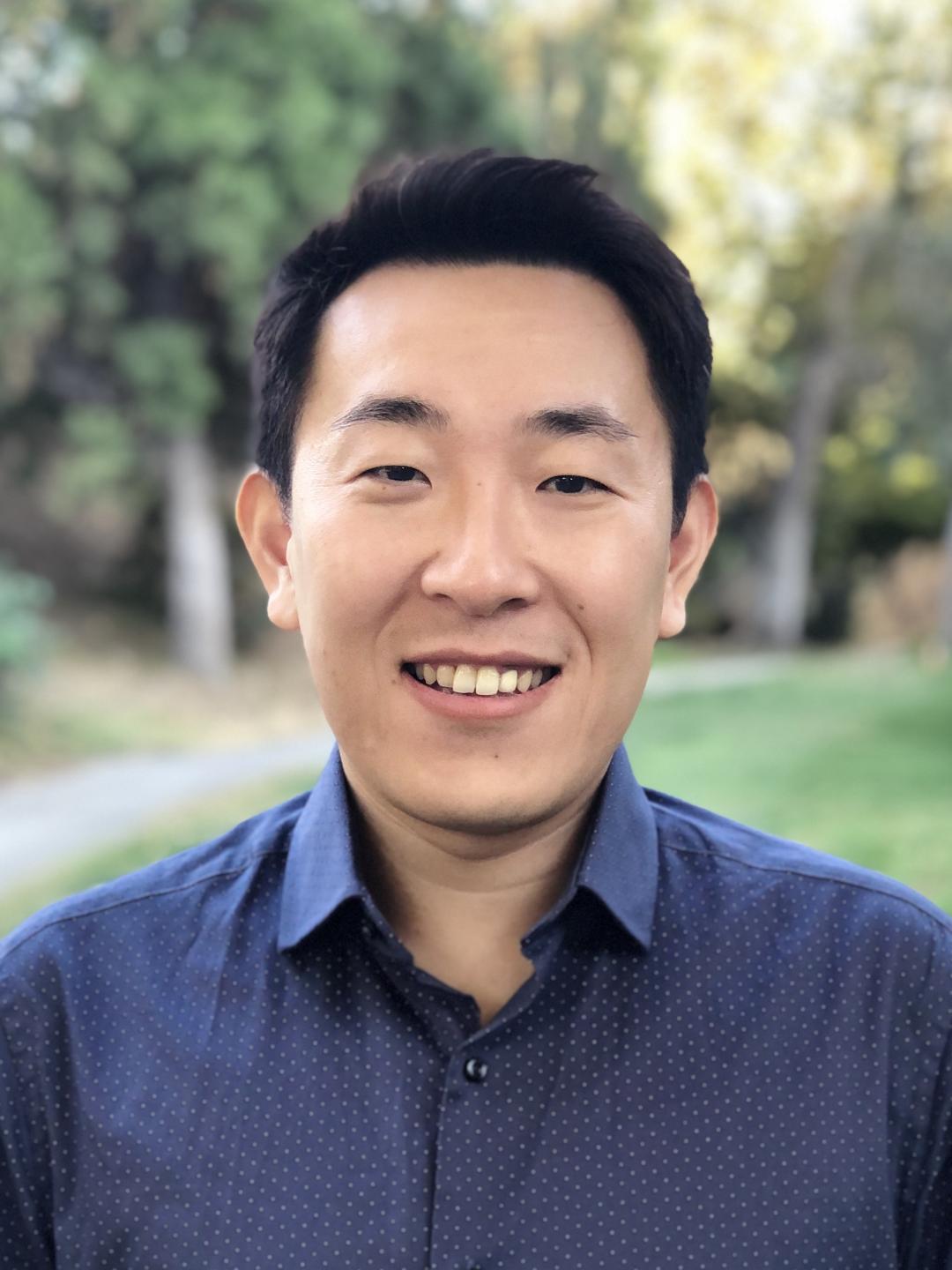
Department of Biological Sciences
🎙 Tell us about yourself?
I am an Assistant Professor of Evolutionary Genomics in the Department of Biological Sciences with a cross-appointment in the Department of Ecology and Evolutionary Biology. I grew up in Taiyuan, Shanxi, P.R. China, where I received my B.Sc. degree at Shanxi University. The mountainous landscape and Fen River running through my hometown positively influenced my career choice in Natural Sciences. I then moved to North America for graduate studies. After obtaining a M.Sc. at Boise State University (USA) and Ph.D. at the University of Toronto (Canada), I went on to conduct post-doctoral research at the University of California, Riverside (USA), where I worked on two collaborative projects focusing on early-diverging fungi and phylogenomics. I returned to UofT in 2020 and established my research group at the Scarborough campus focusing on the evolutionary genomics of fungi.
🎙 What are your research interests & what are you currently researching?
I am interested in comparative genomics and computational evolution of early-diverging fungi. My research program combines computational, field, and laboratory approaches to study the biodiversity of aquatic microbial fungi, insect-fungus interactions, and horizontal gene transfers across kingdoms. The students in my laboratory are supported to explore diverse projects, including field collection of insect-associated fungi to identify missing branches on the Fungal Tree of Life, detection of whole-genome duplications using long-read genomic data, identification of horizontal gene transfers in fungus-related symbioses, and noncanonical utilization of stop codons in fungal genetics.
🎙 What is the significance of your current research?
The research program in my laboratory is on the edge of fundamental research and translational work by understanding the new rules of lives in cryptic ecological niches and searching for the boundaries between symbiotic relationships, i.e., parasitism, commensalism, and mutualism. With the aid of multi-Omics techniques, my team and I aim to develop novel approaches to control insect vectors (e.g., mosquitoes, black flies, midges) using microbial fungi. My current research is majorly supported by the Natural Sciences and Engineering Research Council of Canada. I am also the recipient of numerous awards including the inaugural Robert W. Lichtwardt Research Award, Geraldine K. Lindsay Award, Emory G. Simmons Travel Award, Translational Mycology Postdoctoral Award, and Martin-Baker Award.
🎙 Any interesting insights/results so far related to your research?
New fungal species from Ontario and other regions of Canada are to be described and announced as a result of our research efforts. Exciting research findings are also regularly updated on the laboratory website. Please check more details at http://individual.utoronto.ca/yanwang/publications.html.
🎙 What aspirations do you have for your research? How do you see it being utilized?
We seek to understand the genetic make-up of fungal symbionts and how they have adapted to their host environments over evolutionary timescales. Multi-Omics database and information/visualization platforms are to be established from our research to serve the scientific community, which will also benefit the research in the Ecology and Evolution of Fungi as well as the associated insect hosts.